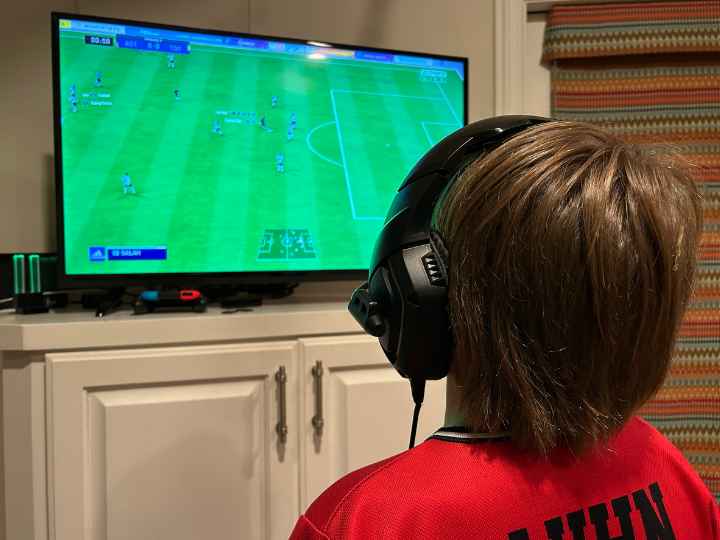Study Finds Video Game Playing Causes No Harm to Young Children’s Cognitive Abilities

Mom and dad: It might be time to rethink your family’s video clip-gaming principles.
New research conclusions obstacle the fears mom and dad have been listening to for decades that small children who shell out hour right after hour participating in video clip online games, or select games of certain genres, would manifest harmful benefits in their cognitive capability.
“Our scientific tests turned up no these kinds of hyperlinks, irrespective of how extended the little ones played and what styles of video games they chose,” explained Jie Zhang, affiliate professor of curriculum and instruction at the University of Houston University of Schooling and a member of the study group. The perform is posted in the Journal of Media Psychology.
In reaching the conclusions, scientists examined the video gaming practices of 160 various urban general public-university preteen students (70{18875d16fb0f706a77d6d07e16021550e0abfa6771e72d372d5d32476b7d07ec} from lower earnings households), which represents an age group considerably less studied in former study. Taking part students described enjoying video games an ordinary of 2.5 several hours day by day, with the group’s heaviest gamers placing in as much as 4.5 hrs each individual working day.
The team seemed for affiliation between the students’ video video game play and their functionality on the standardized Cognitive Means Test 7, acknowledged as CogAT, which evaluates verbal, quantitative and nonverbal/spatial abilities. CogAT was chosen as a normal measure, in contrast to the trainer-claimed grades or self-claimed learning assessments that past study projects have relied on.
“Overall, neither duration of play nor choice of movie game genres had substantial correlations with the CogAT actions. That consequence exhibits no immediate linkage concerning online video sport actively playing and cognitive efficiency, in spite of what had been assumed,” explained May well Jadalla, professor in the School of Instructing and Studying at Illinois State College and the study’s principal investigator.
But the analyze revealed yet another aspect of the difficulty, also. Specific varieties of video games explained as serving to kids develop healthier cognitive competencies also introduced no measurable effects, in spite of the games’ promoting messages.
“The present examine found outcomes that are regular with previous analysis demonstrating that types of gameplay that look to increase cognitive features in young adults really don’t have the very same influence in significantly more youthful kids,” mentioned C. Shawn Green, professor in the Section of Psychology at the College of Wisconsin-Madison.
Does this indicate the entire world can engage in on? Possibly, the study implies. But the experts also caution that gaming time took the heaviest players’ away from other, extra productive functions – homework, to be particular – in a process psychologists phone displacement. But even in these scenarios, the differences were being slight in between all those participants and their peers’ CogAT steps of cognitive talents.
“The examine outcomes present dad and mom likely really do not have to fear so considerably about cognitive setbacks among video video game-loving little ones, up to fifth grade. Realistic quantities of online video gaming should be Ok, which will be pleasant information for the children. Just keep an eye out for obsessive conduct,” mentioned Zhang. “When it will come to video game titles, discovering common ground among dad and mom and younger young children is challenging adequate. At least now we have an understanding of that obtaining balance in childhood enhancement is the key, and there’s no require for us to above-fret about online video gaming.”
The review was funded by the National Science Basis.
